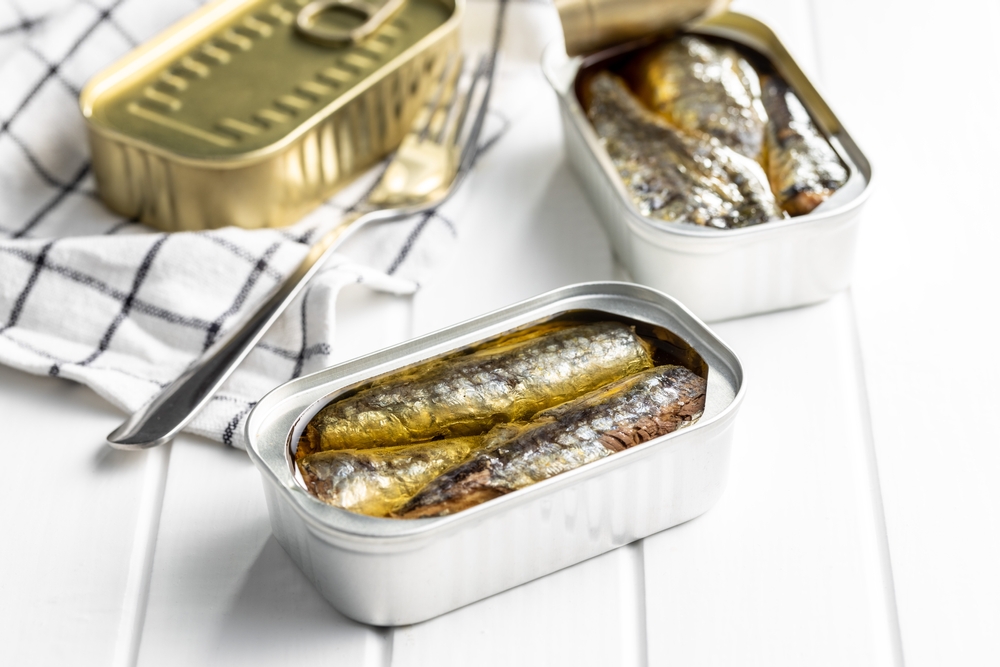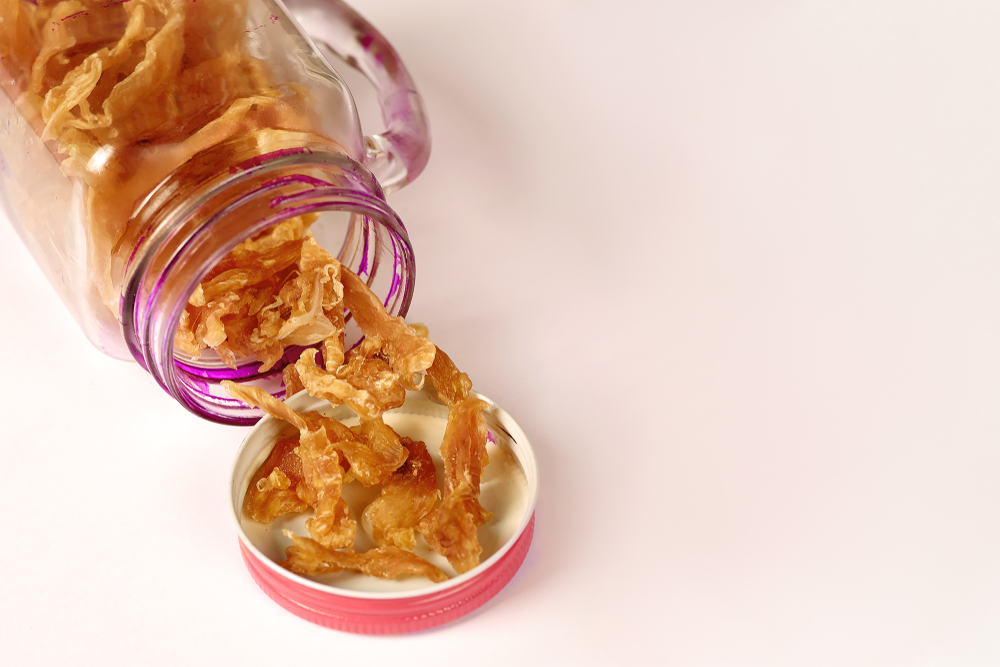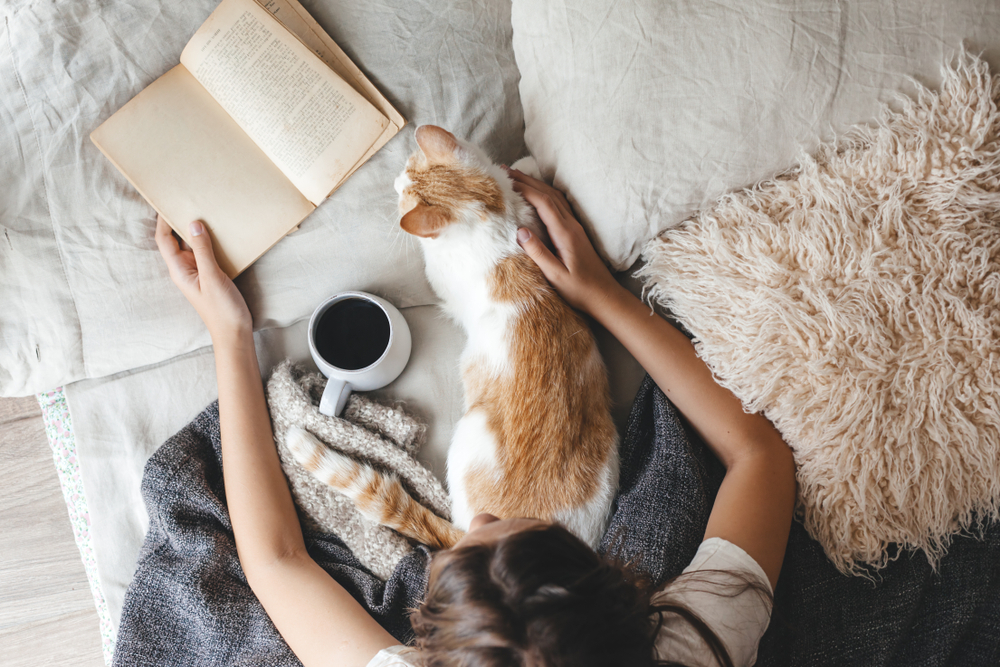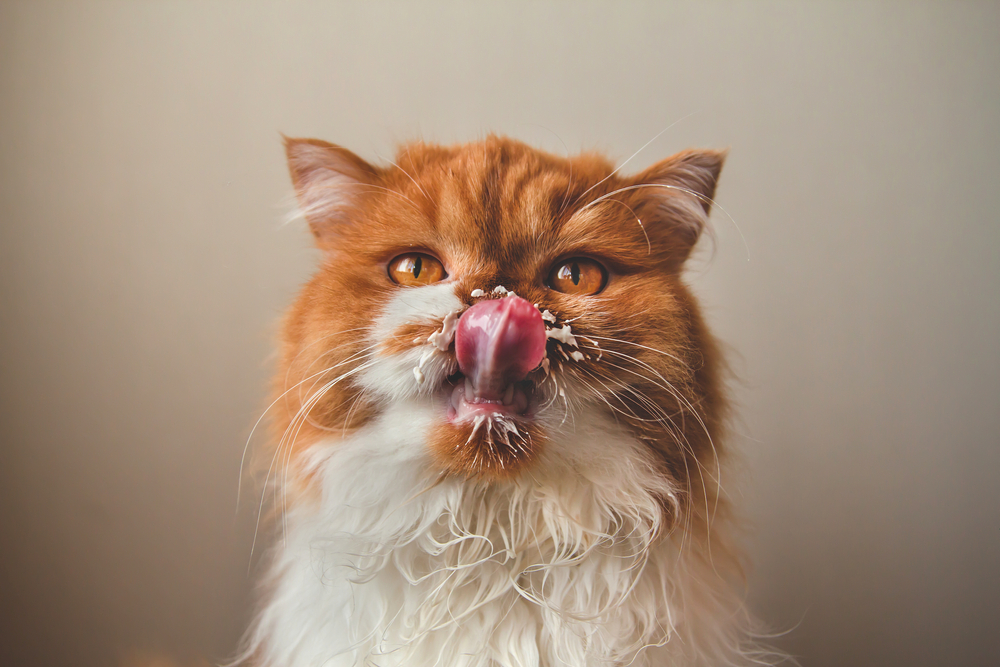Cats may have discerning palates, but that doesn’t mean they always know what’s safe to eat. While sharing scraps can be tempting, some foods pose real risks to their health. To help you keep your cat happy and safe, here’s a rundown of ten foods to avoid and five nutritious alternatives that can offer a tasty boost without the hazards.
Avoid Feeding Raw Fish

Though fish is generally safe, raw fish contains an enzyme that can destroy thiamine, an essential B vitamin for cats. A thiamine deficiency can lead to neurological issues, loss of appetite, and even seizures. Cooked fish, in moderation, is a safer option if your cat loves seafood. A small, plain-cooked salmon or tuna treat can satisfy their fish cravings safely.
Say No to Onions and Garlic
Onions, garlic, chives, and related veggies contain compounds that can damage your cat’s red blood cells, leading to anemia. Even small amounts, like those found in table scraps or baby food, can be toxic over time. Symptoms of toxicity include weakness, vomiting, and lethargy. Instead of these pungent veggies, a few plain, cooked green beans offer a crunchy, safe treat they may enjoy.
Say No to Bones and Fat Trimmings

Bones and fat trimmings might seem harmless, but they can cause digestive issues, choking, or even internal injuries. Bones can splinter, especially if cooked, posing a serious risk. Instead, try offering your cat high-quality, freeze-dried treats designed for pets, which offer a safe alternative with plenty of protein. It’s a tasty way to spoil them without the potential dangers of bones.
Say No to Caffeine

Caffeine from coffee, tea, energy drinks, or even chocolate is highly toxic to cats. It affects the heart and nervous system, leading to restlessness, rapid breathing, and muscle tremors. To keep your cat safe, avoid leaving caffeinated beverages within their reach. If they seem curious about your morning ritual, they may appreciate the occasional catnip-filled toy instead, which offers stimulation without the health risks.
Keep Dairy Products to a Minimum

While the image of a cat lapping up milk is iconic, many cats are lactose intolerant, and consuming dairy can lead to digestive upset, including diarrhea and stomach cramps. Instead of dairy treats, offer your cat a small amount of lactose-free cat milk, specially formulated to be safe and enjoyable. This way, they can indulge without the tummy troubles that regular dairy can bring.
